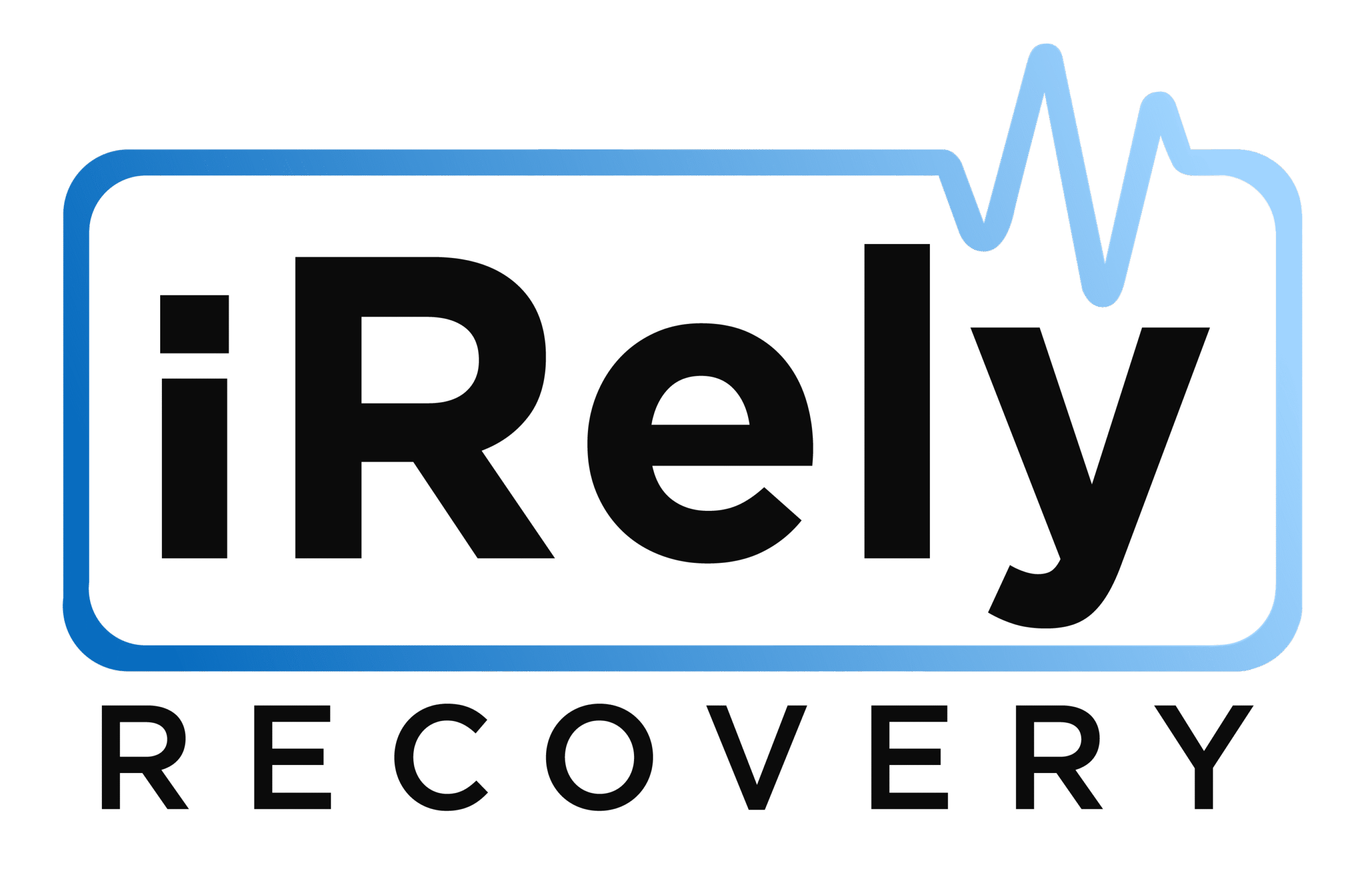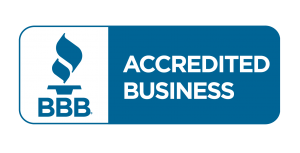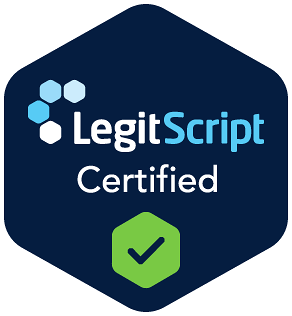Motivational Interviewing For Substance Abuse
Find Your Reasons To Change at iRely
Motivational interviewing flips the script on traditional addiction treatment. Instead of lectures about why you should quit using, MI helps you discover your own reasons for change. This collaborative approach acknowledges a fundamental truth: lasting recovery occurs when motivation originates from within, not from external pressure.
At iRely Recovery, our trained therapists use motivational interviewing to explore your ambivalence about substances without judgment or confrontation. You’ll examine both sides of your relationship with drugs or alcohol — what they give you and what they cost you — in conversations that respect your autonomy while gently guiding you toward healthier choices.
THERAPIES & TREATMENT PROGRAMS
What is Motivational Interviewing (MI)?
Motivational Interviewing (MI) is a counseling method that helps people resolve their mixed feelings about substance use and find their own motivation to change.[1] MI treats you as the expert on your own life. The technique employs specific conversational strategies — including open-ended questions, reflective listening, affirmations, and summaries — to facilitate exploration of your relationship with substances. Your therapist acts more like a guide than an authority, helping you voice both your concerns about using and your hesitations about quitting. This process naturally highlights discrepancies between your current behavior and your deeper values or life goals, creating internal tension that motivates change.
MI recognizes that ambivalence about quitting substances is normal, not a sign of weakness or denial. The approach works through distinct stages: building rapport and trust, exploring your motivations, resolving ambivalence, and planning for change when you’re ready.[2] Instead of pushing you toward predetermined goals, MI therapists “roll with resistance,” viewing reluctance as valuable information rather than opposition. They help you identify and strengthen your reasons for change.
How (and Why) MI for Substance Abuse Works
Motivational Interviewing therapy works by creating a safe space where you explore your own reasons for change without feeling pressured or judged. During MI therapy in Los Angeles at iRely Recovery, therapists use specific motivational interviewing techniques for substance abuse that guide you toward recognizing discrepancies between your current use and your life goals. Motivational interviewing for addiction helps you voice your concerns about substance use while also acknowledging what you get from it. This balanced exploration naturally leads to “change talk” — your own words about why and how you might want things to be different.
Motivational Interviewing for substance use disorders (SUD) employs proven techniques that skilled therapists weave seamlessly into conversation:[3]
- Open-ended questions that invite you to explore your thoughts rather than defend your choices
- Reflective listening, where therapists mirror back your statements, helping you hear your own ambivalence
- Affirmations that recognize your strengths and past successes, building confidence for change
- Summarizing key points to highlight patterns and consolidate your insights about substance use
- Exploring ambivalence by discussing both sides without pushing an agenda
- Developing a discrepancy between current behaviors and personal values or goals
- Supporting self-efficacy by identifying times you’ve successfully made difficult changes
The Efficacy of MI for Addiction
Motivational Interviewing delivers powerful results for substance use treatment, with research showing significant improvements in recovery outcomes across diverse populations. Studies demonstrate that MI increases treatment engagement by up to 75% and doubles the likelihood of positive behavioral change compared to traditional confrontational approaches.[4]
The technique’s effectiveness stems from its ability to activate internal motivation — when people discover their own reasons for change, they’re far more likely to follow through. MI particularly excels at reaching those who feel ambivalent or resistant to treatment, turning reluctance into readiness through skillful conversation. Even brief MI interventions — sometimes just 15–20 minutes — can produce lasting shifts in how people view their substance use.
What to Expect From Motivational Interviewing in Los Angeles
Motivational Interviewing at iRely Recovery integrates seamlessly into your residential substance abuse treatment, using evidence-based techniques to help you discover and strengthen your personal reasons for change:
- Initial sessions using the OARS techniques (open-ended questions, affirmations, reflective listening, and summarizing) to explore your relationship with substances
- Collaborative treatment planning where your internal motivation shapes goals rather than having them imposed by clinicians
- Regular MI-enhanced individual therapy focused on building self-efficacy and identifying your personal stages of change
- “Change talk” exploration — guided conversations that help you voice your reasons for wanting recovery
- Non-judgmental ambivalence resolution — exploring both the benefits and costs of substance use
- Values clarification exercises that connect your deeper life goals with motivation for change
- Progress without pressure — respecting your readiness while gently encouraging growth
- Practical skills sessions that show how MI tools can help with relationships and decision-making
- Family sessions where loved ones learn how to support you using MI principles without enabling
- Ongoing assessment of how your motivation evolves throughout treatment
Motivational Interviewing for Addiction at iRely Recovery
iRely Recovery’s Motivational Interviewing approach helps you uncover your powerful reasons for wanting something different. No confrontation, no judgment — just skilled conversations that help you connect with what matters most to you. Whether you’re here reluctantly or fully ready for change, MI meets you exactly where you are and helps you move forward at your own pace.
Ready to explore what recovery could mean for your life? Call today and start a conversation that actually makes a difference.
Frequently Asked Questions about MI in Los Angeles
How Do Healthcare Providers at Your Treatment Center Use Motivational Interviewing for Opioid and Alcohol Use Disorders?
Our clinicians trained in MI techniques work with all substance use disorders, including opioid and alcohol addiction. They use MI throughout substance abuse treatment—from initial assessment through discharge planning. The approach proves especially effective for helping people change when they feel unsure about quitting, with Cochrane reviews showing MI improves outcomes across all types of drug abuse and mental health conditions.
Is MI Only for Young Adults, or Does It Work for All Ages with SUD?
Motivational Interviewing works effectively across all age groups seeking substance use disorder treatment. While young adults often respond well to MI’s non-confrontational approach, systematic reviews demonstrate its effectiveness across all age groups, including adolescents and older adults. The counseling style adapts to each person’s life stage and readiness for change, making it valuable whether you’re 18 or 65, helping people change at any point in their recovery journey.
What's the Difference between Motivational Interviewing and Motivational Enhancement Therapy (MET)?
While both use MI principles, MET is a structured, short-term psychotherapy protocol typically lasting four sessions. Pure MI is a broader counseling style that can be used throughout treatment.
At our inpatient program, we incorporate both approaches: using MET as a focused intervention while applying general MI techniques across all interactions. This combination maximizes opportunities for developing self-efficacy and internal motivation during your stay.
Sources
[1] Substance Abuse and Mental Health Services Administration. (2019). Motivational interviewing as a counseling style. In www.ncbi.nlm.nih.gov. Substance Abuse and Mental Health Services Administration (US). https://www.ncbi.nlm.nih.gov/books/NBK571068/ on May 22, 2025
[2] Bischof, G., Bischof, A., & Rumpf, H.-J. (2021). Motivational interviewing: an evidence-based Approach for Use in Medical Practice. Deutsches Aerzteblatt Online, 118(7), 109–115. https://pmc.ncbi.nlm.nih.gov/articles/PMC8200683/ on May 22, 2025
[3] The University of Iowa. (n.d.). Motivational interviewing: Steps and core skills. https://sbirt.uiowa.edu/sites/sbirt.uiowa.edu/files/2020-02/sbirt_mi_part_2_-_2018_-_final.pdf on May 22, 2025
[4] SAMHSA. (2021). USING MOTIVATIONAL INTERVIEWING IN SUBSTANCE USE DISORDER TREATMENT. https://library.samhsa.gov/sites/default/files/PEP20-02-02-014.pdf on May 22, 2025




